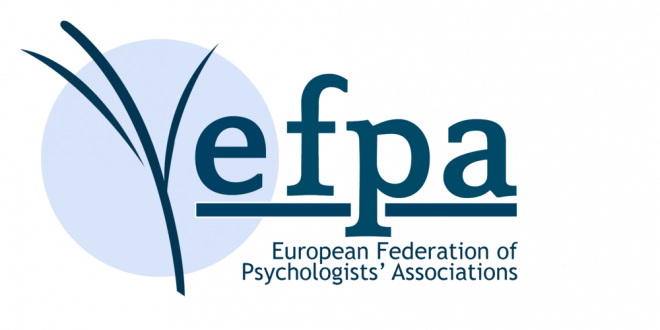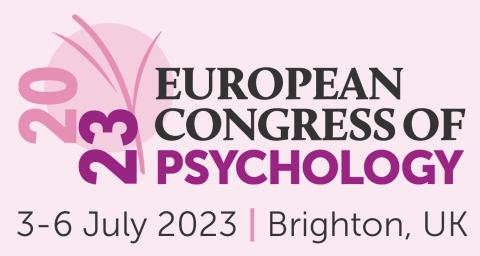Monday 3rd July 2023—Brighton (UK)
On the commencement of the European Congress of Psychology 2023 in Brighton (UK), the European Federation of Psychologists’ Associations (EFPA) notes the importance of taking a unified and comprehensive approach to mental health.
The June 2023 communication from the European Commission introducing ‘A New EU Approach To Mental Health’1 is very welcome. The outline sets the right tone in recognising the challenges and opportunities associated with mental health and endorses a broad psychosocial approach that sees mental health normalised and included as a standard consideration in policy and practice in many aspects of day to day life.
At the core of the document are three guiding principles the Commission recommends should apply to every EU citizen: “(i) to have access to adequate and effective prevention, (ii) to have access to high quality and affordable mental healthcare and treatment, and (iii) to be able to reintegrate society after recovery.”
While this frame is useful in broadening the scope of care, care should be taken to contextualise it in an appreciation that mental health difficulties may not always be this linear or temporary. The communication advocates “the beginning of a new strategic approach to put mental health on par with physical health”. Following this welcome comparison, it may be appropriate to consider a before and after for a given disease, but such a model would not easily translate to more general health topics like fitness, diet, environment and hygiene that remain important throughout the lifespan. These have psychological equivalents.
In a February 2023 submission to the European Commission’s call for evidence for the Comprehensive Approach to Mental Health, EFPA highlighted seven points of focus that might ensure that the consideration of mental health was both broad and focused.2 These points relate to: mental health commitment; societal crises response; community-oriented services; the workplace; climate change; training standards and regulation; and equality of access including the consideration of digitalisation.
EFPA appreciates that all of these points have been included in the Commission’s statement. However, while some points—like the importance of the workplace—have received some significant focus, others—like the priority of climate change—have received much less attention. For an approach to be “comprehensive” it must be broad. But then questions arise of how focus is maintained and how to ensure that points of priority do not eclipse each other.
It is for this reason that the creation of scaffolding around something like these seven points is crucial—in order that diverse work by stakeholders, EU member states and the Commission in the area of mental health is unified as well as comprehensive. Furthermore, a European year for mental health would serve to help with the identity of such an approach.
It is clear that the Commission recognises the importance of mental health and that there is momentum. EFPA are hopeful that the steps highlighted above can be prioritised in the near future in order to facilitate the development of the necessary structures to support this important topic.
References
- A comprehensive approach to mental health—Communication from the Commission, European Commission (June, 2023) https://health.ec.europa.eu/publications/comprehensive-approach-mental-health_en
- EFPA replies to European Commission Call for Evidence 'A comprehensive approach to mental health', EFPA (February, 2023) https://www.efpa.eu/efpa-replies-european-commission-call-evidence-comprehensive-approach-mental-health

